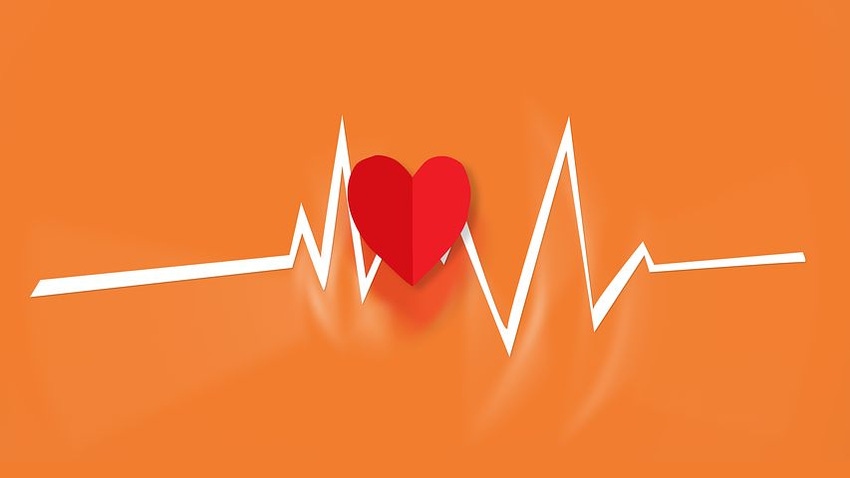The Mountain View, CA-based company now has FDA clearance for its KardiaMobile ECG to detect BradyCardia and TachyCardia.
April 24, 2019

AliveCor is giving consumers a chance to understand their heart (beats) a whole better through a pair of new indications.
The Mountain View, CA-based company said its KardiaMobile ECG is now cleared for the detection of BradyCardia and TachyCardia. Previously, AliveCor had a nod from FDA for KardiaMobile to detect Atrial Fibrillation (AFib) and Normal Sinus Rhythm.
The Mountain View, CA-based company said the new indications make it the only consumer-cleared device with the ability to detect the three most common heart arrhythmias.
"No other consumer ECG device in the world, can tell you more about your heart than KardiaMobile," AliveCor CEO, Ira Bahr, said in a release. "Until today, patients have been frustrated when devices label their ECG reading as 'unclassified' or 'inconclusive.' Starting today, KardiaMobile is the first personal ECG device that can begin to materially reduce the number of those determinations. Critically, KardiaMobile is also the only personal ECG that can detect Atrial Fibrillation at heart rates above 120, and heart rates below 40."
Bradycardia and tachycardia, which literally mean "slow heart" and "fast heart", respectively, occur in nearly all adults. The company said, while the normal range of heart rate is between 50 and 100 beats per minute, there are many scenarios where the rate can be slightly out of this range. For example, the heart may slow below 50 beats per minute during sleep, and naturally, in many healthy adults and athletes. A fast heart rate may naturally occur in response to exercise, anxiety, or pain.
Mobile ECGs became one of the most talked about markets in medtech in 2018. The spotlight began shining on the sector after Apple won FDA clearance for incorporating an ECG into the current iteration of the Apple Watch.
Apple’s clearance drew criticism from the industry – with some claiming that the Cupertino, CA-based company’s app wasn’t as robust as offerings from AliveCor and iRhythm Technologies. However, there was no denying that Apple’s ECG app was bringing a high level of consumer empowerment.
About the Author(s)
You May Also Like




